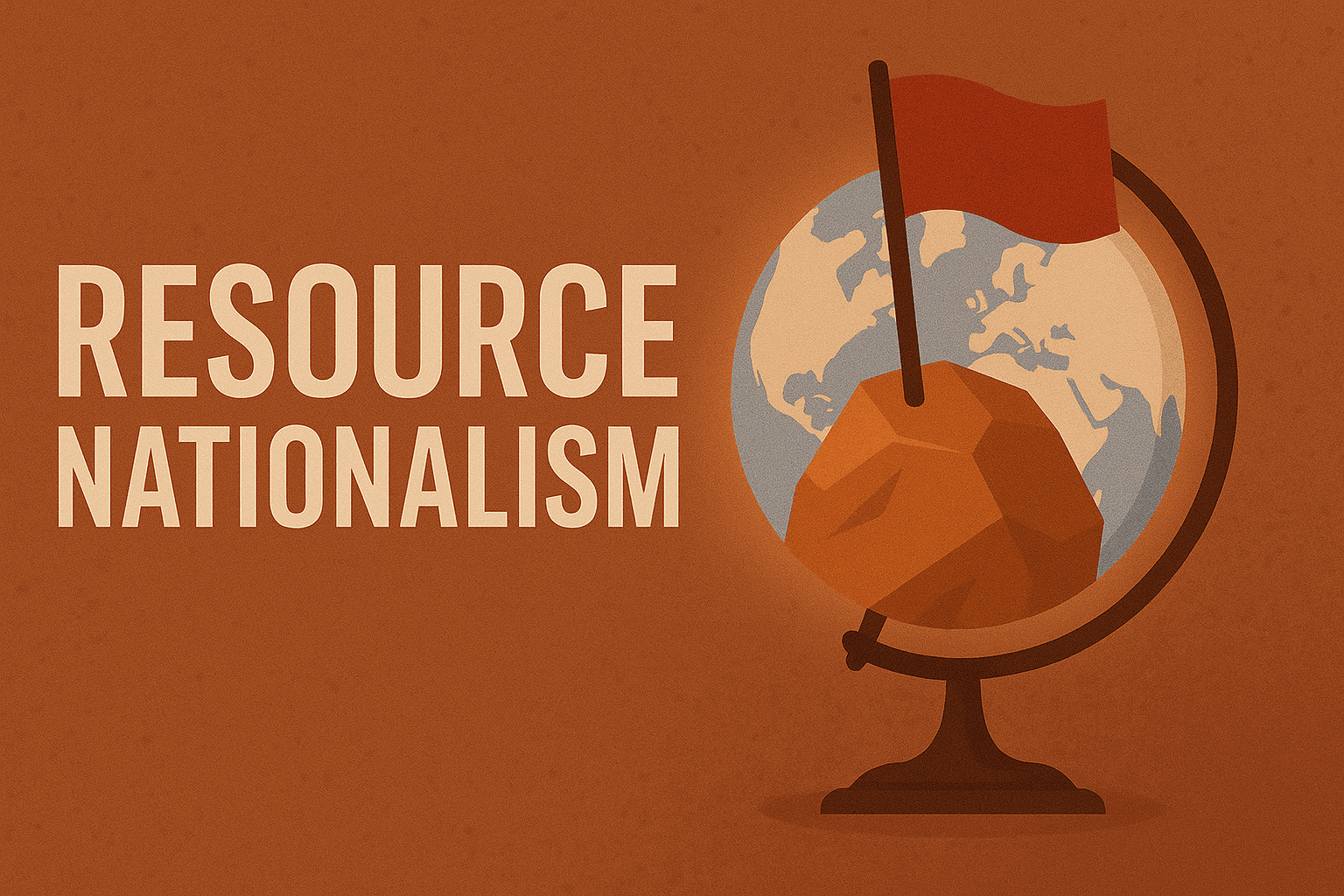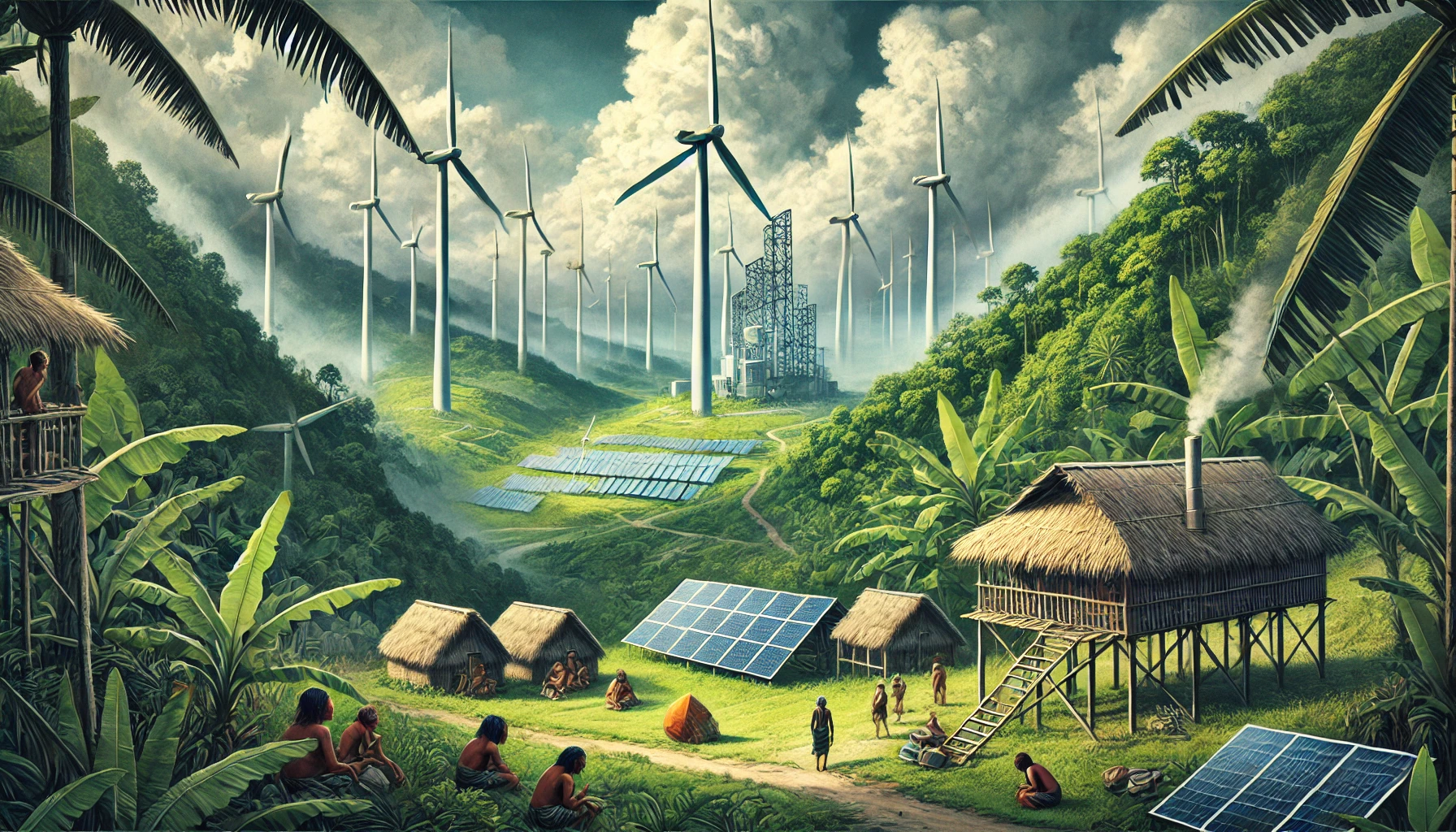Resource nationalism refers to a country’s efforts to assert greater control over its natural resources—often through state ownership, export restrictions, or taxation—to maximize domestic benefits. While proponents argue that it ensures sovereignty and equitable wealth distribution, critics warn of inefficiencies, reduced foreign investment, and geopolitical tensions.
This blog critically evaluates resource nationalism through historical and contemporary examples, assessing its economic viability, political motivations, and long-term consequences.
1. The Economic Case for Resource Nationalism
A. Capturing Greater Value from Natural Resources
Many resource-rich nations argue that foreign corporations extract wealth without adequate local benefits. By nationalizing resources or imposing stricter regulations, governments aim to retain more revenue.
Examples:
- Saudi Aramco (Saudi Arabia): Fully nationalized in the 1980s, allowing the kingdom to control oil revenues and fund Vision 2030 diversification efforts.
- Chile’s Copper (Codelco): The world’s largest copper producer, state-owned since 1971, has funded social programs while maintaining competitiveness.
B. Protecting Strategic Industries
Some nations restrict exports of critical minerals to secure domestic supply chains.
Example:
- China’s Rare Earth Dominance: Controls ~60% of global rare earth production and has imposed export quotas to bolster its high-tech manufacturing sector.
2. The Pitfalls of Resource Nationalism
A. Investment Deterrence and Capital Flight
Sudden nationalizations or tax hikes can scare off foreign investors.
Examples:
- Venezuela’s Oil Nationalization (2007): Led to a 50% drop in PDVSA’s output due to mismanagement and lack of foreign expertise.
- Zambia’s Mining Tax Hikes (2019): Drove mining giants like Vedanta to exit, reducing copper output and tax revenues.
B. Inefficiency and Corruption
State-run enterprises often suffer from bureaucratic inefficiency and graft.
Example:
- Nigeria’s NNPC: Despite controlling vast oil reserves, decades of corruption and underinvestment have left the country reliant on fuel imports.
C. Geopolitical Backlash
Export restrictions can trigger trade wars or sanctions.
Example:
- Russia’s Gas Weaponization (2022–Present): Cutting gas supplies to Europe led to a scramble for alternatives, but also accelerated the EU’s shift away from Russian energy.
3. The Geopolitical Chessboard: Resource Nationalism as a Tool of Power
A. OPEC+ and Oil Politics
The OPEC cartel exemplifies resource nationalism used as collective leverage.
Example:
- 1973 Oil Embargo: Arab OPEC members cut supplies to the West, triggering an energy crisis and reshaping global oil politics.
B. Critical Minerals and the New Cold War
Countries are now weaponizing access to lithium, cobalt, and rare earths.
Examples:
- Indonesia’s Nickel Export Ban (2020): Forced foreign firms to build smelters locally, boosting domestic processing but angering the EU (which filed a WTO complaint).
- DRC’s Cobalt Reforms: Seeking higher royalties from Chinese miners, but risking supply chain disruptions for EVs.
4. Finding the Balance: A Sustainable Approach
A. Hybrid Models (State + Private Sector)
- Norway’s Sovereign Wealth Fund: Statoil (now Equinor) remained competitive while funneling oil profits into a $1.4 trillion future fund.
- Botswana’s Diamond Deal with De Beers: A 50/50 joint venture (Debswana) ensured stability and shared profits.
B. Stable Regulatory Frameworks
Sudden policy shifts deter investment. Gradual reforms (like Australia’s mining tax adjustments) work better.
C. Regional Alliances for Leverage
- Lithium Triangle (Argentina, Bolivia, Chile): Discussing a lithium OPEC to control prices without scaring off investors.
Conclusion: Resource Nationalism—Boon or Curse?
Resource nationalism is neither inherently good nor bad—its success depends on execution. When managed wisely (Norway, Chile), it can fuel development. When driven by short-term populism (Venezuela, Zimbabwe), it backfires.
In an era of deglobalization and green energy transitions, nations must balance sovereignty with market realities. The future belongs to those who can harness resources without killing the golden goose.



